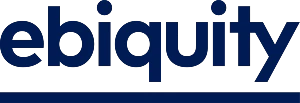Marketers tend to agree that they’re able to see across the so-called valley. And that the green shoots of coronavirus recovery are clearer than ever thanks to stimulus packages and vaccine rollouts. But this “valley” has plenty of landmines.
“Any period of significant market dislocation like the Covid crisis we’re currently in will cause advertisers to take stock of where they sit in the marketplace and whether their partners have driven good value for them,” said Nick Waters, group CEO of Ebiquity.
A once-in-a-century pandemic has created a moment for a strategical reset among advertisers. And therein lies the opportunity. More than ever, an informed, independent viewpoint on global media investments is critical for advertisers. Why can’t then, goes the theory, Waters recalibrate an industry laggard like Ebiquity to offer this media management advice to marketers at a time when they need it most?
“My frustration is there’s a lot of good practice in and around how TV is traded that isn’t there online,” said a media director at a global advertiser, who started working with Ebiquity last year. “I need a media expert across both areas that can help me find ways to incentivize the likes of Google and Facebook to be as innovative in their commercial deals as they are on their platforms.”
It’s no surprise, then, that Waters has focused on reestablishing Ebiquity as a media specialist since he joined nearly a year ago.
“Ebiquity lost its way for four years trying to become a nebulous marketing consulting business covering areas it didn’t really have propositions in,” said marketing consultant Nick Manning, a former Ebiquity exec, who still has financial interests in the business.
This changed when Ebiquity acquired media management firm Digital Decisions last January. Doing so gave Waters, who joined not long after the deal in April, a monitoring and reporting service for online media that Ebiquity had struggled to build on its own — a way to measure online media performance that isn’t focused on cost.
The sheer amount of variables that are involved in any digital impression is so large, that a CPM benchmark by itself is not valid and gives a blurred impression of the media’s performance.
That’s not to say there isn’t a role for this type of pool benchmarking — it’s still a key way for advertisers to know how competitive their TV prices are. It does, however, need to be part of a more rounded approach to tracking media — not least because online media poses major risks to advertisers if left unchecked.
“It makes no sense for senior marketers to use pool-benchmarking data to push agencies into getting them cheaper media, especially given those savings tend to get hidden from them so they’re not actually making any cash savings,” said an exec who works for Ebiquity, but was not authorized to speak to Digiday. “The smart marketers will look to the programmatic supply chain to make savings.”
Other companies claim to do something similar — some even have a strong media tracking product. Most, however, don’t have Ebiquity’s scale.
It has stacked its client roster with around 70 of the world’s largest advertisers. Another 30 or so would give the business stewardship of over $100 billion in ad spend — half of which 50% is spent online, said Waters. Those businesses waste anywhere between 15 and 30% online, which represents around $15 billion, according to Ebiquity’s analysis. Even if the company takes around 0.5% of this spending, which is noticeably smaller than the commissions and service fees advertisers pay ad tech vendors, it’s a market opportunity worth around $250 million.
“We had 10 clients on the Digital Decisions platform by the end of last year so we’re looking to build on that by productizing our solutions,” said Waters.
But the problem — up until recently at least — has been Ebiquity’s reach often extended its grasp. Case in point the company’s positioning as the CMO’s consigliere two years ago. It tried to do this despite not being able to properly advise on the fastest-growing part of media plans: online media.
“The bottom line is classic media pool-based auditing is pretty dead and has been replaced in the digital world by tracking technologies and data aggregation,” said Manning.
Organizational structure, product and clients are the areas that have born the brunt of the pivot so far. And the changes appear to be paying off: the organizational structure was flattened at the start of the year when Waters decided to run the business on a horizontal basis by country and region.
Now, it’s easier to go from selling point solutions to clients handled by different strands of the company that don’t quite sync up to selling them end-to-end solutions. The bigger picture: the flattened structure makes it easier for Ebiquity to foster longer commercial relationships with more senior marketers.
“We managed to grow revenue from seven clients last year despite the challenges of the wider market around us,” said Waters. There’s still work to be done when it comes to bringing all our expertise around the world together.”
As progressive as this all sounds, it also incites a sense of deja vu. Execs from Ebiquity have made similar claims in the past — albeit with less confidence. They pointed to the development of the analytics and tech advisory businesses over the last five years as proof the company was in lockstep with the shifting needs of marketers.
But those decisions seemed like they were done on the assumption that the core media part of the business was in structural decline. Put another way: it was as if the key parts of Ebiquity’s online media pitch were separate from the core media one. So no matter how progressive Ebiquity’s thinking was, it was never going to be enough to mitigate the slowdown on the main business.
“The tech and analytics businesses were good but we were only ever going to get incremental growth out of them — perhaps 10% a year,” said Waters. “Growth at that rate wasn’t going to offset the decline in the core media business Ebiquity.”
Still, there’s a role for both analytics and tech in Ebiquity’s pared-back plan — it’s just part of a wider solution. Much of which will flow from the Digital Innovation Centre launched in February and will be overseen by group chief product officer Ruben Schreurs, who founded Digital Decisions. It’s Waters’ way of centralizing the expertise of the 30-person Digital Decisions so they’re developing products and services that can be used by the whole group.
While Waters wouldn’t detail the type of services being offered, he wants to develop one every six months for the next two years. More of these services, which are autonomous, improves Ebiquity’s profitability because they’re less reliant on being serviced by people once developed and clients use them consistently instead of as a one-off.
“We’re neutral in the supply chain so we’ll work constructively with marketers to find the right approach to media management for them,” said Waters. “We’re not trying to help them set up traps to catch out agencies”.
Featured in Digiday.

